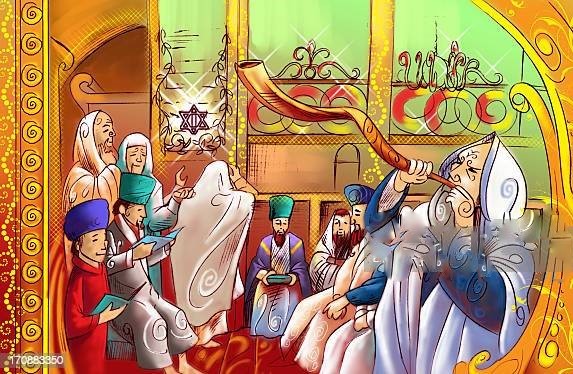SATURDAY PRAYER: HESED-YESHIVAT HAVERIM יְשִׁיבָה חברים – BABYLONIAN TALMUD p104

Samuel said: David did not accept slander. He (himself) saw in Mephibosheth’s conduct that
which corroborated Ziba’s calumny, as it is written [ibid. xix. 25]: “And Mephibosheth the
(grand-)son of Saul came down to meet the king, and he had not dressed his feet, nor trimmed
his beard, nor washed his clothes.” (This was considered disrespect); further, it is written [ibid.
28]: “And he slandered thy servant unto my lord the king,” etc. and further [ibid. 31]: “And
Mephibosheth said unto the king, Yea, let him take the whole, since that my lord the king is
come (back) in peace unto his own house.” Now, this last verse (read between the lines) really
means: “I have anticipated your safe arrival home with anxiety, and since you act toward me in
such a manner, I have nothing to complain of to you but to Him who brought you safely back.”
R. Jehudah in the name of Rabh said: “Had David not given heed to slander, the kingdom of the
house of David would never have been divided, neither would Israel have worshipped idols, nor
would we have been exiled from our land.”
The same rabbi said: He who believes Solomon guilty of
idolatry is in error. This theory agrees with R. Nathan, who points to a contradiction between the
two following passages in the very same verse [I Kings, xi. 4]: “And it came to pass, at the time
when Solomon was old, that his wives turned away his heart,” etc.; and farther on [ibid., ibid.] it
says: “Like the heart of David his father.” While his heart was not as perfect as that of his father
David, still he did not sin. Therefore it must be said that it means, his wives turned away his
heart toward idolatry, but still he did not practise it. This is supported by the following Boraitha:
R. Jossi said: It is written [II Kings, iii. 13]: “And the high places that were before Jerusalem,
which were to the right of the mount of destruction, which Solomon the King of Israel had built
for Ashthoreth, the abomination of the Zidonians,” etc. Is it possible that neither Assa nor
Jehosophath had cleared them out before Josiah? Did not Assa and Jehosophath abolish idolatry
in Judæa? It follows, then, that as Josiah is given credit by the verse in the Scripture for having
abolished the worship of Ashthoreth, the abomination of the Zidonians, although at his time it
had been out of existence for a long time, this was done merely because he (Josiah) had
abolished other later forms of idolatry; the same rule is followed in the case of Solomon; while
he himself did not build the Ashthoreth of the Zidonians, the fact that he did not prevent his
wives from doing so makes him responsible in the same measure as if he had committed the
deed himself. But is it not written [I Kings, xi. 6]: “And Solomon did what is evil in the eyes of
the Lord”? This is also written merely because it was in his power to prevent the actions of his
wives, and he did not do so; hence the Scripture ascribes the deed to him, as if he himself had
committed it.